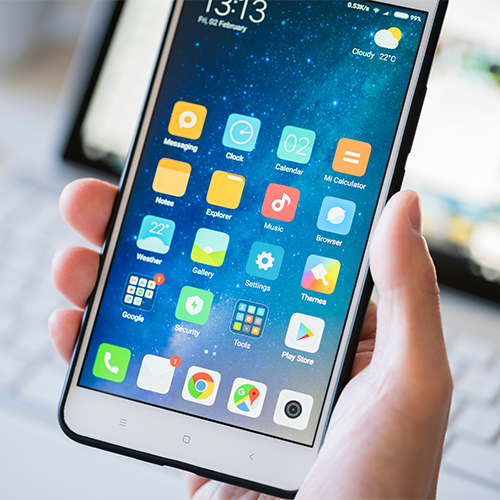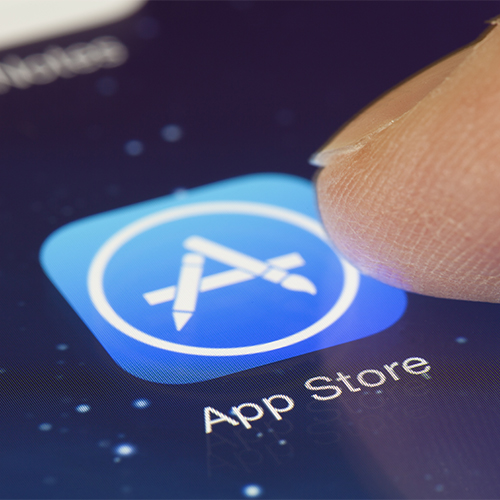This is an archived article and the information in the story may be outdated. Please check the time stamp on the story to see when it was updated last.
Out with the old, in with the new. There has never been a better time to trim out the excess in life, including apps that you either rarely use or that are consuming a lot of data and battery power. Tech Expert Hasnain Khokhawala at Technographx spoke to SHEFinds.com about the four apps no one should have on their phones anymore in 2021. Cut these apps from your life and you’ll protect your data and privacy — and, in some cases, your wallet.


Google Maps:
Navigation apps are extremely convenient to have on your phone and will help you get from point A to point B without getting lost. Sounds great, but they aren’t all created equal. “The [Google maps] app has mountains of user data which Google doesn’t sell directly but uses for ads for their revenue generation,” Khokhawala says. “They can easily locate you on the map and also no privacy or safety from suspicious activities.”

TikTok:
You may have already heard that TikTok collects a ton of user data. But what Khokhawala says he finds especially distressing is that it also requires to access to information like your hardware IDs, memory usage, the apps installed on your phone, your IP address, or your most recently used WiFi access points. “Also, it promotes lots of scammer apps that have millions of downloads,” Khokhawala says.

Shock My Friends:
“This is one of the scammer apps which gets promoted through social media and other platforms like TikTok,” Khokhawala says. “And with the lowest ratings and worst reviews, people mentioned that it took all the money they paid and never got that back as it stopped working.”

Theme Zone/Shawky App:
These apps requested access to a device’s external storage, which arguably should not have been necessary, Khokhawala says. “These apps were specifically targeted to the younger generation in the form of aggressive ads by charging $2-$10 for vibrating, live wallpapers, or some music that is not worth such types of offers.”
Khokhawala says the apps mentioned are “scams” and “violate both Google and Apple’s app policies by either making misleading claims around app functionalities or serving ads outside of the app and hiding the original app icon soon after the app is installed.”
If you’re looking for ways to scale back on the number of apps you use, starting with these four is a wise idea.


























